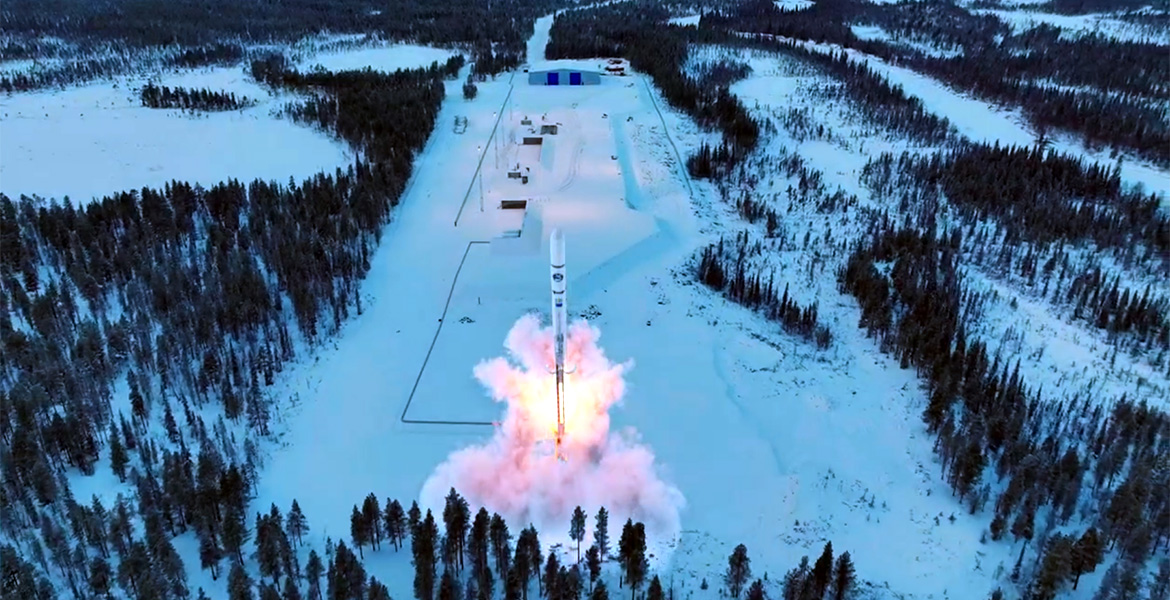A Swedish research rocket has accidentally landed in Norway, causing no harm to anyone. The rocket, launched by the Sweden Space Corporation (SSC), deviated from its intended trajectory and ended up in the mountains of Norway.
The SSC confirmed the event on Tuesday, stating that the payload of the rocket has been recovered and transported back to the Swedish launch site. Currently, an investigation is ongoing to determine the cause of the deviation.
The TEXUS-58 rocket was launched from the Esrange Space Center in northern Sweden on Monday morning. However, it deviated from its intended course and landed 15 kilometers into Norway, about 40 kilometers northwest of the planned landing site.
The rocket landed in the mountains at an altitude of 1,000 meters, ten kilometers away from the nearest settlement.
After the landing, the SSC immediately contacted both the Swedish and Norwegian authorities. The research payload was recovered and flown back to Esrange by helicopter. The SSC is currently investigating the technical details surrounding the non-nominal flight path.
Marko Kohberg, head of rocket and balloon operations at Esrange, stated that the deviation is being taken seriously, and they are investigating the reason behind it.
The rocket was part of a program commissioned by the European Space Agency (ESA) and carried three microgravity experiments. Two of the experiments, VIPer and Perwaves, are related to ”green transition” research, while the third, ICAPS, investigated the process of planetary formation.
Source

